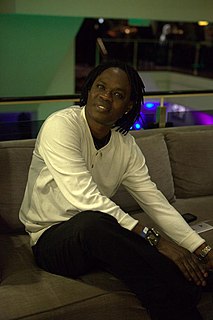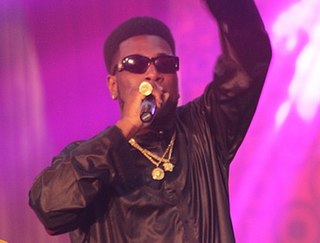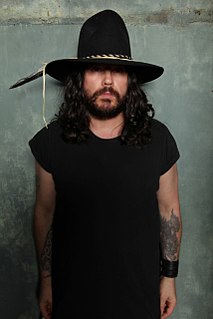A Quote by Taj Mahal
As a youngster, my parents made me aware that all that was from the African Diaspora belonged to me. So I came in with Caribbean music, African music, Latin music, gospel music and blues.
Related Quotes
I did not like that name "world music" in the beginning. I think that African music must get more respect than to be put in a ghetto like that. We have something to give to others. When you look to how African music is built, when you understand this kind of music, you can understand that a lot of all this modern music that you are hearing in the world has similarities to African music. It's like the origin of a lot of kinds of music.
If you listen to soul music, or R&B music, or Blues music, a lot of that came from church music and spiritual music, and music has always been a really really powerful tool that people have used to get them closer to God - whatever they define God as. And for me that's always been part of what drew me to it and keeps me coming back for more.
New Orleans had a great tradition of celebration. Opera, military marching bands, folk music, the blues, different types of church music, ragtime, echoes of traditional African drumming, and all of the dance styles that went with this music could be heard and seen throughout the city. When all of these kinds of music blended into one, jazz was born.



































